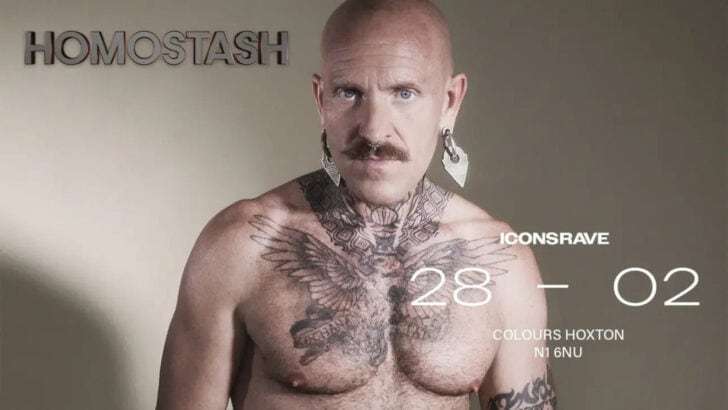While organisations like Amnesty International call for the decriminalisation of sex work, the US’s Department of Homeland Security (DHS) launches an unprecedented takedown of rentboy.com, one of the largest safe spaces for sex workers. We dissect the rhetoric and reasoning behind the US government’s decision to shut the site down.
Last month the US Department of Homeland Security (DHS) carried out a raid on the headquarters of rentboy.com, one of the world’s largest websites for male escort ad hosting. The prosecution comes against a backdrop of growing support for the decriminalisation of sex work, with major health and human rights groups like Amnesty International and the World Health Organisation recently expressing their support.
So why was an organisation tasked with protecting the US against terrorists investing its resources into bringing down a website for escorts?
It’s an ideological attack against already marginalised workers. All of that money and time spent sending special agents undercover to sip cocktails at circuit parties hosted by Rentboy in NYC could have been spent on fighting actual crime, with actual victims. Instead the DHS has put a stop to one of the safest ways for clients and sex workers to meet each other online. It was a system that took the power away from exploiters and parasitic agencies and placed it firmly into the hands of sex workers themselves.
A look through the DHS’s criminal complaint reveals a bizarre level of sexually explicit detail, which appears to add nothing to the prosecution’s case apart from undertones of moral outrage and disgust.
In one press release, US attorney Kelly Currie described the website as “an internet brothel”. The thing about stretching the law is that as you do it get’s thinner and thinner. Internet brothels don’t exist, Kelly. Rentboy is not an Internet brothel in the same way that Auto Trader is not an Internet car park. If all you had to do to get a blowjob was connect to a WiFi hotspot, no government officials would turn up to work tomorrow (and that would be an issue worthy of investigation).
One escort advertising on the site noted that he had a sling and rimchair. Illustrating the outrageous homosexuality of it all, the federal special agent helpfully explains: “Based on my investigation, I have learned that a ‘rimchair’ is a seat resembling a raised toilet seat, designed so that the anus is accessible while someone is sitting on the seat. I have also learned that ‘rimming’ refers to the touching of the tongue to the anus”.
Rentboy was born out of a demand created after queer escorts were purged from the back pages of US LGBT publications in the mid 90’s in a bid to attract more mainstream advertisers. Since 1997 when the website was launched, it had evolved into a community platform doing more than any other website to promote a sex positive image of escorts as workers providing a valuable service.
This didn’t sit too well with those who like to strip sex workers of their agency, pushing the narrative that all sex workers are victims of exploitation who need to shut up, sit down, and let the experts save them from themselves.
Rentboy had just launched a video series, where sex workers were given a platform to talk about why they love their work. It demonstrated that sex workers are being human beings, not just sex objects. They’d even launched a scholarship program.
The problem is, they were getting too big and making too much noise. They were bringing a dangerous amount of legitimacy to the world’s oldest profession, a profession that subverts power structures because a lot powerful people use their services. It’s probably why the agency charged with the war against terror bent and expanded their remit to include the war against consensual gay sex. That and the $1.4 million dollars seized. Rentboy was an easy target.



















